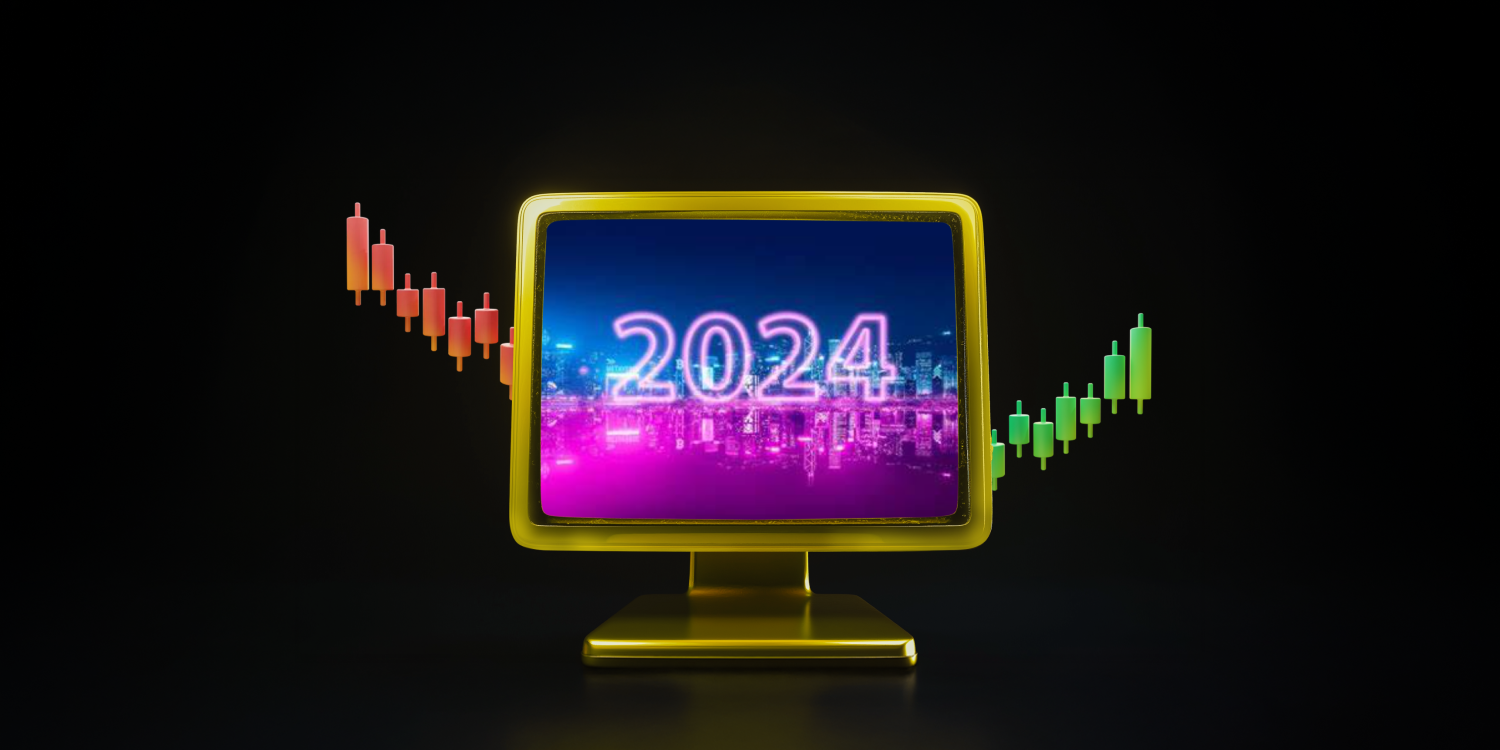INTRODUCTION
Strategic reserves are a set of external assets that are immediately available and under the control of the monetary authorities. They are used to meet the financing needs of the balance of payments or to intervene in foreign exchange markets to influence the exchange rate. In this way, a bitcoin reserve would resemble the gold and foreign exchange reserves held by central banks. In addition to basic raw materials such as oil, Bitcoin reserves, which are now characterized as digital money in the new era, are about to take their place among strategic reserves.
TRUMP’S IMPACT ON BTC RESERVES IN THE US CENTRAL TREASURY
2024 Nashville announcement In Q3 2024, the Trump administration made a groundbreaking announcement in Nashville, announcing plans to allocate a portion of the US Treasury’s reserves to Bitcoin. The move was aimed at diversifying the country’s asset base and capitalizing on the perceived benefits of digital assets. Specific details included the allocation of 2% of Treasury reserves to Bitcoin sparked intense debate in political and economic circles, with critics questioning the rationale and potential risks, while proponents called it a bold step into the future of finance.
What is Trump’s proposed strategic bitcoin reserve and how would it work? If the legislation introduced in the Senate is passed, the Treasury and the Federal Reserve would be required to purchase 200,000 tokens each year over a five-year period. With a total of one million tokens, this would represent 5% of the total global supply of the cryptocurrency. But the debate continues. BTC would be included in the mix of assets on a country’s balance sheet in order to diversify reserves. This reserve is thought to act as a hedge against the devaluation of the US dollar to strengthen national balance sheets and support future debt issuance.
However, the project is not clearly laid out and there is still much speculation on the subject, starting with the fundamental question of which authority will be responsible for managing it. Will it be the Federal Reserve? Or will it be another institution? No less important is the question of how to pay for it. Bitcoins can be bought by selling other assets such as gold or bonds, increasing debt or expanding the Federal Reserve’s balance sheet, a process colloquially known as “printing money”.
RESERVE’S DAMAGE TO BTC
One of the main attractions of bitcoin is that the asset itself is decentralized and distributed in nature. Naming bitcoin as a strategic asset of the United States would, by default, lead to centralization and more explicit government oversight and control over bitcoin. Given the leadership of the US dollar, there could be an incentive for the federal government to print dollars to buy more bitcoin. Since the appeal of bitcoin is to act as a shield against inflation, it seems likely that the US government printing dollars to acquire more bitcoin would defeat this purpose. As the US debt continues to climb and recently surpassed $35 trillion, one of the strongest underlying reasons for turning to bitcoin as a strategic asset is the ability of these bitcoin assets to pay off the US debt. But as appealing as this idea is, the practicality of centralizing bitcoin as a strategic asset, using bitcoin assets to pay down debt, and expecting no other factors to affect the price of bitcoin makes it less than ideal. Deploying reserve assets in the form of commodities, currencies or digital assets is politically and economically difficult. From a purely geopolitical perspective, the power of the United States to develop and manage a strategic reserve of bitcoin would have both benefits and detriments. This means that if Bitcoin experiences a significant price increase, the Treasury could sell some of its holdings to reduce its debt. Suppose the US holds $50 billion in Bitcoin reserves at an average purchase price of $75,000 per coin. If the price of Bitcoin rises to $150,000, the reserves would be worth $100 billion, generating a profit of $50 billion. The profits could trigger selling pressure, dominating decentralized digital currencies and extinguishing market dynamics. It is important to remember that the US already holds more than 200,000 Bitcoins.
RESERVES BY STATE
Beyond the federal government, states are also moving to have their own bitcoin reserves. Mike Cabell, a member of the Pennsylvania House of Representatives, recently introduced a bill to create a strategic bitcoin reserve that would allow the state treasury to invest up to 10% of its funds in bitcoin. The purpose of this legislation is for the cryptocurrency to act as a hedge against inflation. According to DLNews, in anticipation of Trump’s return to the White House and the establishment of a national Bitcoin reserve, states across America are actively promoting state-level Bitcoin reserve plans. Florida, with its pro-cryptocurrency policy environment and the support of the Florida Blockchain Business Association (FBBA), plans to establish a Bitcoin reserve as early as the first quarter of 2025. FBBA President Samuel Armes stated that with the state’s surplus budget, if only 1% of pension funds were invested in Bitcoin, it would amount to $1.85 billion. In November 2024, Pennsylvania proposed the “Strategic Bitcoin Reserve Act,” which proposed investing up to 10% of the state government’s general funds in Bitcoin. The co-sponsor of this bill and State Representative Mike Cabell said that this forward-looking move aims to diversify investment portfolios and hedge against inflation risks. Some states are adopting more conservative strategies by investing in crypto ETFs. Michigan’s most recent SEC filing shows that it owns ARK 11Shares’ bitcoin ETF worth $21 million and also holds 920,000 shares in two Grayscale Ethereum-based ETFs worth over $33 million. The Wisconsin Board of Investment holds over $220 million in Grayscale and BlackRock bitcoin ETF shares. As these state reserves have grown, senators like Cynthia Lummis have called for the establishment of federal bitcoin reserves. Most recently, Texas became the latest US state to consider implementing a Bitcoin reserve.
WHICH ARE THE MOST CRYPTO-FRIENDLY STATES IN 2024?
From Wyoming to Florida to Texas, there are plenty of options. Bitcoin and other cryptocurrencies are fast becoming key drivers of financial and technological innovation, and several states in the US are positioning themselves as attractive destinations for both crypto investors and businesses. Each state takes a unique approach to cryptocurrency regulation, taxation and business incentives.
Wyoming
Wyoming was the first state to recognize decentralized autonomous organizations as legal entities, providing much-needed clarity for tokenized securities and encouraging DeFi’s growth. Wyoming also imposes no personal or corporate income tax, making it extremely attractive to both individual investors and corporations. In addition, Wyoming has pioneered the establishment of crypto banks, such as Kraken Bank, and introduced the Financial Technology Sandbox program, which allows businesses to test new crypto products without heavy regulatory restrictions.
Florida
Florida is another state that offers significant advantages for the cryptocurrency industry. With no state income tax and a growing number of crypto-friendly policies, Florida attracts both individual investors and crypto startups. The state has exempted crypto businesses from money transmission licenses and launched a pilot program that allows businesses to pay government fees using cryptocurrency. Miami Mayor Francis Suarez has supported cryptocurrency by taking part of his salary in Bitcoin and has actively encouraged crypto businesses to operate in the city. This has made Miami one of the leading crypto cities in the US, hosting major events and attracting high-profile companies.
Texas
Texas has quickly become one of the most crypto-friendly states thanks to its favorable regulations and low energy costs, a key factor for crypto miners. In 2021, the Texas Department of Banking authorized state-chartered banks to offer crypto custody services, giving the industry a solid foundation for growth. The state also offers a number of incentives for crypto miners, including 10-year tax breaks, sales tax credits, and workforce training initiatives. Texas is already one of the largest crypto mining hubs in the US thanks to low energy costs.
New Hampshire
New Hampshire ranks high for its favorable tax policies for crypto investors and businesses. The state has no capital gains tax, making it an attractive place for investors looking to cash out their crypto assets without facing hefty state tax bills. New Hampshire has also exempted crypto businesses from money transfer regulations, making it easier for companies to operate.
Colorado
In 2022, Colorado Governor Jared Polis announced that state residents would be able to pay state taxes using cryptocurrency, making Colorado one of the few states to accept crypto for state payments. While Colorado has a state income tax of 4.55%, its supportive attitude towards blockchain innovation and the growing crypto ecosystem has earned it a spot among the top crypto-friendly states. The state has also launched a blockchain sandbox program that allows companies to test their products under regulatory oversight.
Arizona
Arizona has made significant strides in creating a crypto-friendly regulatory environment. In 2022, Arizona became the first state to declare that sending cryptocurrency by air is exempt from state-level taxation. While federal taxes still apply, this makes Arizona a more attractive destination for crypto traders and investors.
Kentucky
Kentucky has become increasingly attractive to the crypto mining industry thanks to a series of tax breaks and incentives. In 2021, Kentucky passed a law providing clean energy tax breaks to crypto miners who invest over $1 million in equipment.
CONCLUSION
If the proposed legislation does indeed see the light of day, other countries like Russia, China, Brazil or India will not want to be left out: “We saw FOMO during Bitcoin’s recent peaks in 2021, but it will be hard to predict what will happen with institutional FOMO in this current bullish phase. We don’t know how big this could be. On the other hand, if the states are considering crypto competition with the central government and if it is foreseen that the states will gather the power, sanctions may be created under the Trump Presidency. To put it briefly, BTC reserves at the Center and BTC reserves at the State level will be used as a union of power rather than a competition. While this will increase the dominance over cryptos, it will be decentralized through millions of nodes that will always be in place, no matter who owns them. When corporations and world governments store their wealth in Bitcoin, they all have one thing in common, protecting Bitcoin’s place in our world.





